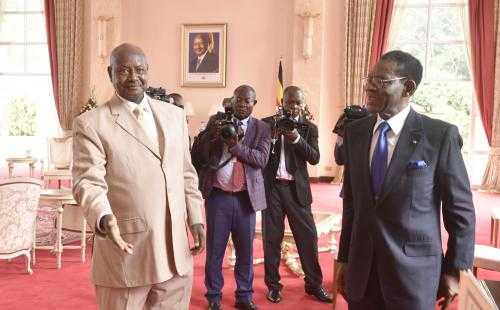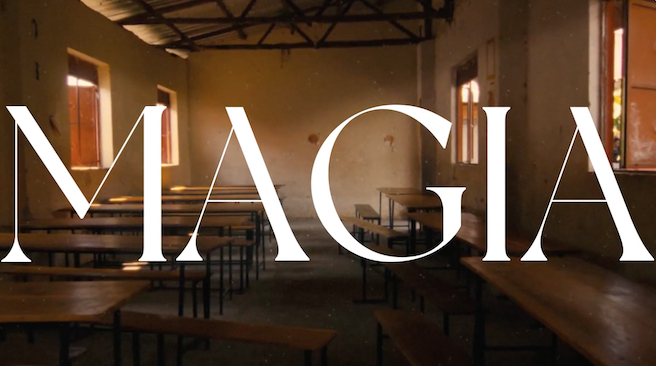Argentina, among the 20 countries with the most barriers to trade: WTO / UNCTAD

The frequent complaints raised by importers because of the delays they are experiencing in obtaining a license for goods trying to enter the country do not respond only to the delicate balance that the government is trying to achieve in the balance of exchange and the availability of dollars, in the elections. general. There is also a correlation in the high cost of importing, which exposes local industries to out of competition, with no chance of including themselves in global value chains.
On a global scale, a recent technical report showed that Argentina is among the 20 countries that put the most obstacles in the way of imports, by collecting import duties or tariffs at the border that make goods more expensive and impede their access to domestic manufacturers and consumers.
According to global tariff files periodically prepared by the World Trade Organization (WTO) and the United Nations Conference on Trade and Development (Unctad), Argentina imposes an average tariff of 13.4% on goods, with a peak of 35% in some cases. The global average is about 8.7 percent.
Among the 135 countries with updated statistics, Argentina ranks 15th among the countries with the highest tariff rates, surpassed only by Bhutan, Iran, Egypt, Algeria, Cameroon, Zimbabwe, Comoros, India, Bangladesh, Venezuela and Uganda. South Korea and Kenya. Meanwhile, Brazil ranks 16th with an average tariff of 13.3%.
For Marcelo Elizondo, Director of DNI Consulting and a specialist in foreign trade, Argentina’s high tariff burden “poses several problems: too expensive access to technology, qualified capital goods, and too difficult participation in global value chains. In addition to distortions with elements that drive more than 30%, and others pay nothing.”
In fact, the global index revealed by the WTO and UNCTAD is reviving the debate currently raging within Mercosur, with Brazil and Uruguay bidding to cut the common external tariff (AEC), which is about 11.6 percent. The Jaír Bolsonaro and Luis Lacalle Pou governments are pushing for a 10% reduction in all items, but the Foreign Ministry, by order of Alberto Fernández, is proposing a 75% reduction in customs positions, but without affecting protectionist barriers to sensitive industries that would be affected further of facilities to enter consumer goods.
According to Elizondo, “60% of international trade takes place between countries that have lowered their tariff rate to zero, and 30 years ago that reflected only 5% of global transactions.”

“Award-winning zombie scholar. Music practitioner. Food expert. Troublemaker.”









